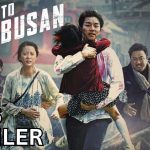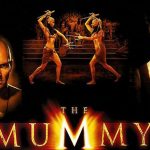Kung Fu Jungle (2014) – Fist of Redemption
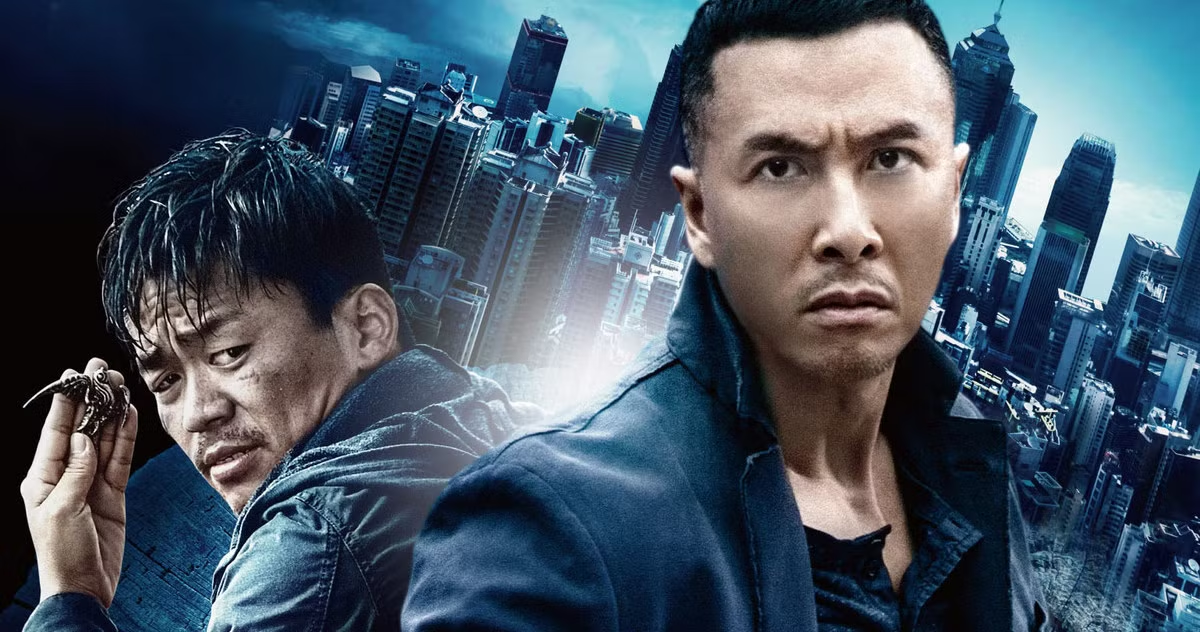
Some men fight for pride. Others fight for survival. In Kung Fu Jungle (2014), the fight is for redemption—and for the very soul of martial arts. This Hong Kong action thriller, directed by Teddy Chan and starring Donnie Yen, delivers a brutal, stylish meditation on legacy, discipline, and the thin line between mastery and obsession.
The story begins with Hahou Mo (Donnie Yen), a martial arts instructor and former fighter, imprisoned after killing a man in combat. Once revered, he now lives in disgrace, haunted by guilt and his own violent impulses. But when a series of mysterious murders targets martial arts masters across Hong Kong, Hahou sees a chance to redeem himself. Offering his skills to the police, he sets out to stop the killer—if they can trust him.
At its heart, the film is a duel between two philosophies of martial arts. The killer, Fung Yu-Sau (Wang Baoqiang), believes in martial arts as pure, merciless dominance. Every murder is staged as a challenge, a way to prove superiority through violence. Hahou, scarred by his past, comes to represent the opposite: that true mastery is not about destruction, but about restraint, honor, and responsibility.
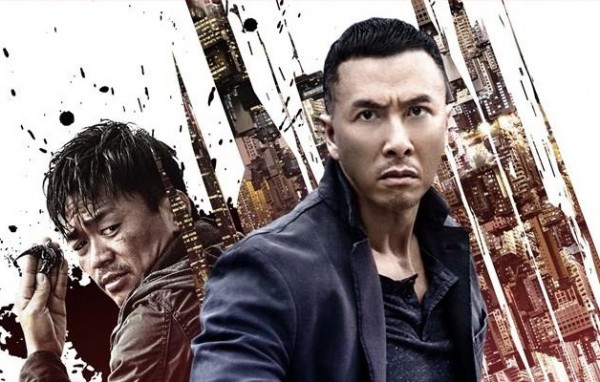
The action is electrifying. Donnie Yen choreographs and performs with blistering precision, delivering fights that are as much art as they are violence. Each duel showcases a different martial discipline, paying homage to the richness of kung fu history—swordplay, staff combat, barehanded brutality. From rooftop brawls to highway showdowns, every set piece feels alive with authenticity and intensity.
What makes the film unique is its respect for martial arts as culture. It is not just about who wins the fight, but what the fight means. Each murdered master represents a style, a philosophy extinguished by obsession, raising the stakes beyond personal vengeance into the preservation of heritage itself.
Donnie Yen’s performance grounds the film. Hahou Mo is not a flawless hero but a man wrestling with inner demons. His stoicism, flashes of rage, and eventual humility make him as compelling in silence as in combat. Wang Baoqiang’s villain is equally magnetic—a fighter whose broken humanity makes him both terrifying and tragic.
Visually, Kung Fu Jungle blends grit with cinematic flair. Rain-soaked alleys, neon-lit gyms, and the sprawling cityscape of Hong Kong become backdrops to duels that feel both modern and timeless. The film’s finale, a bone-crunching fight on a busy highway, is staged with raw physicality that feels almost documentary in its realism.
The score pulses with tension, mixing traditional Chinese instrumentation with modern beats. It underscores both the reverence for martial tradition and the adrenaline of contemporary action cinema.
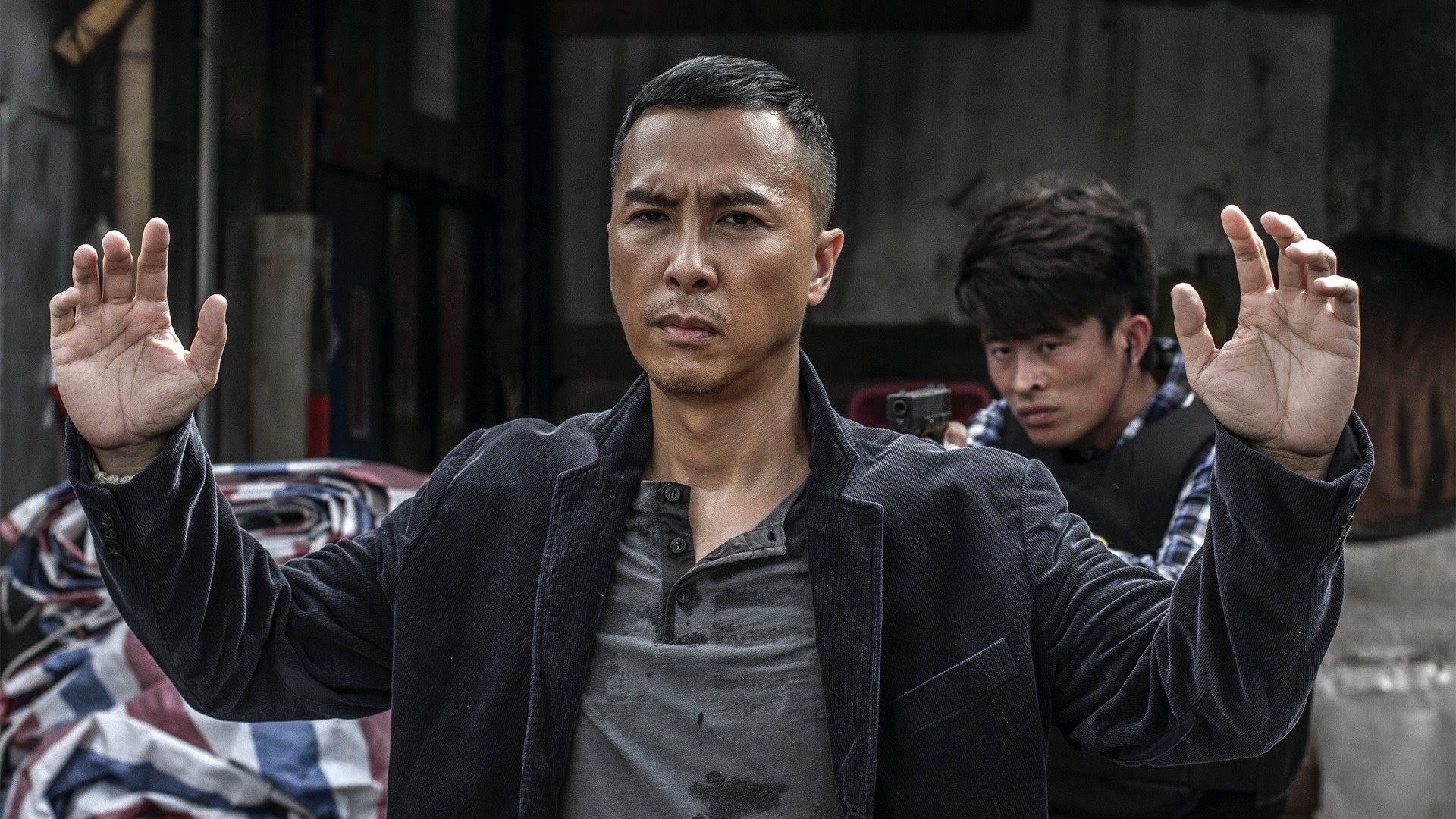
Thematically, the film is about redemption and legacy. Can a man who once killed for pride find honor again? Can martial arts survive when its philosophy is twisted into obsession? The film suggests that mastery is not about defeating others, but about defeating the violence within oneself.
By its conclusion, Hahou Mo’s journey comes full circle—not with triumph, but with humility. His fists may save lives, but it is his acceptance of responsibility that restores his honor. The killer falls, but the questions linger: what does it mean to truly master martial arts, and at what cost?
Ultimately, Kung Fu Jungle (2014) is more than just an action film—it is a love letter to martial arts cinema itself. Brutal, thoughtful, and exhilarating, it proves once again why Donnie Yen is one of the greatest action stars of his generation. In every punch and every scar, the film carries the weight of history and the pulse of modern action.
Related movies :
Related movies :
Related movies :
Related movies :
Related movies :
Related movies :
Related movies :







